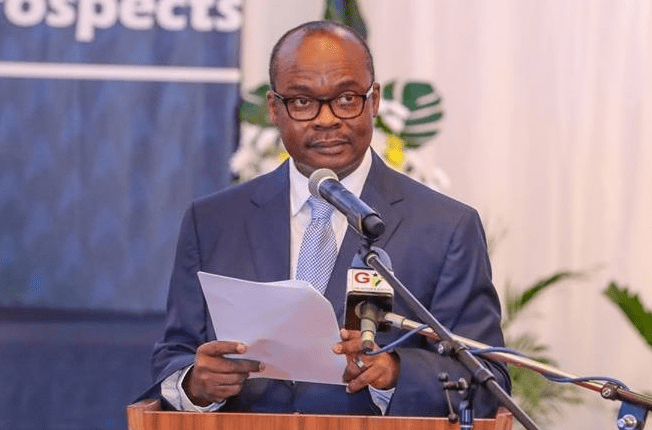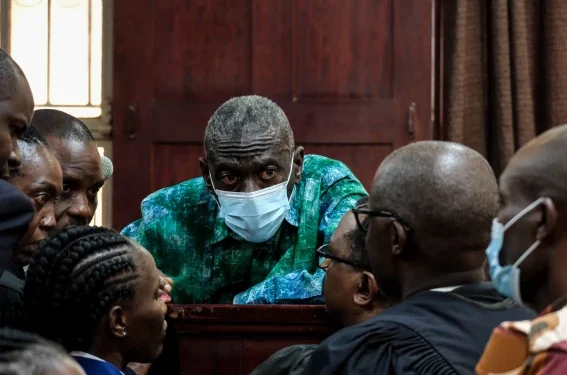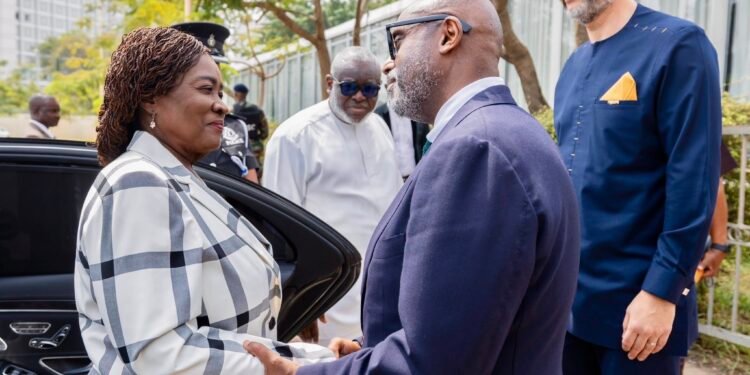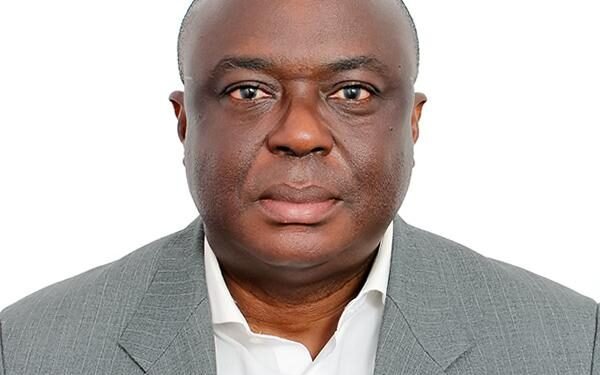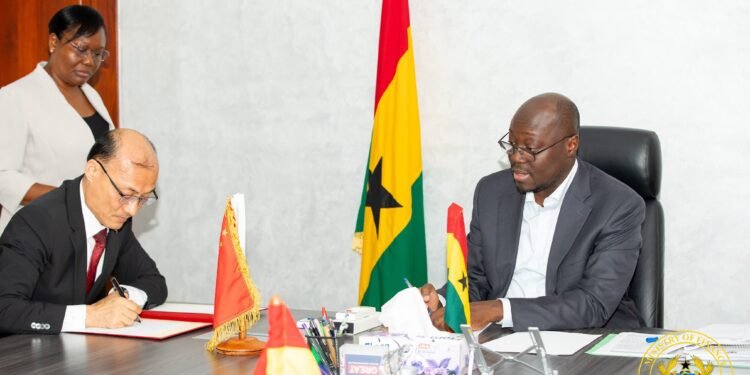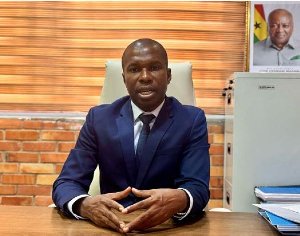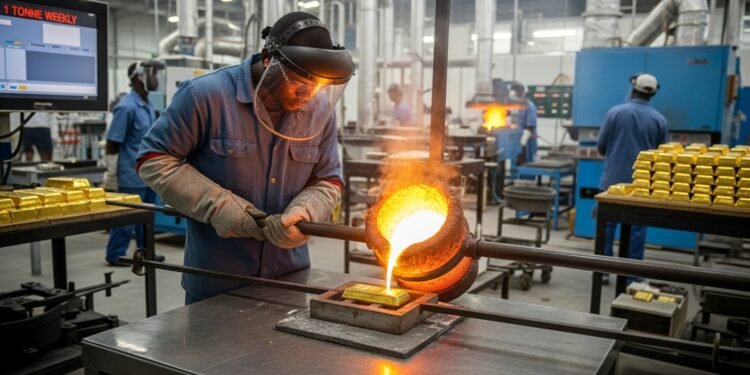Ghana’s economy continues its strong recovery from the COVID-related economic downturn with 2021 overall growth expected to exceed the government’s target.
According to the Bank of Ghana, its Composite Index of Economic Activity (CIEA) has seen a significant improvement from 5.0 percent in October to 10.2 percent in November 2021, and as such, it expects GDP growth to exceed the government’s revised target of 4.4 percent in 2021.
“Overall, GDP growth for 2021 is projected to exceed the target of 4.4 percent. The Bank’s updated Composite Index of Economic Activity (CIEA) recorded an annual growth of 10.2 percent in November 2021, compared with 11.9 percent in the corresponding period of 2020. The key drivers of economic activity during the period were increased industrial production, consumption, exports, construction activities, and air-passenger arrivals”.
Bank of Ghana
The latest Ghana Statistical Service update showed that Real GDP growth for the first three quarters of 2021 averaged 5.3 percent, compared with an average contraction of 0.6 percent recorded in the same period of 2020. Similarly, non-oil GDP growth averaged 6.9 percent against a contraction of 0.3 percent over the same comparative period.
The Bank of Ghana disclosed that its latest confidence surveys conducted in December 2021 signaled mixed sentiments. BoG highlighted that consumer confidence is waning because of recent increases in ex-pump petroleum prices and the announcement of new tax measures in the 2022 budget.
However, business sentiments have improved drastically. The improved business sentiments, according to BoG, was driven by the achievement of short-term company targets and optimism about companies’ growth prospects.
Improvement in private sector credit
In addition, the Ghana Purchasing Managers Index (PMI), which gauges the rate of inventory accumulation by managers of private sector firms and which measures dynamics in economic activity, increased for four consecutive months in the second half of 2021—a development which is consistent with the observation of a steady increase in economic activity. The increase in the PMI points to some optimism among industry players.
Private sector credit growth is steadily picking up, consistent with the gradual recovery in the real sector. Data from the Bank of Ghana show that annual nominal growth in private sector credit increased to 11.2 percent in December 2021 compared with 10.6 percent in the corresponding period of 2020.
“The expectation is for the banks to continue providing new advances to the economy to support private sector credit growth and boost economic activity. The Committee expects that these favourable conditions will persist in 2022”.
Bank of Ghana
Recovery in the global economy
Notwithstanding the strong recovery in the global economy for 2021, growth momentum is projected to slow in the near-term reflecting unrelenting supply chain bottlenecks, rising input costs and pandemic-related uncertainties.
Central banks are poised to deal with sustained rising inflation which is expected to lead to a higher interest rate regime in the global economy. Rising long-term bond yields and a strong US dollar will characterize overall financial conditions, which are expected to tighten in 2022.
The spillover of these events should be evident in the course of 2022, and could cause currency pressures in emerging market economies with weak fundamentals and large foreign currency debt. Financing needs will rise and pose challenges for sustaining the recovery in the face of rising inflation and unsustainable debt levels.
READ ALSO: They Stole The Green & White Colours Of the Atta-Mills Institute- Koku Anyidoho

